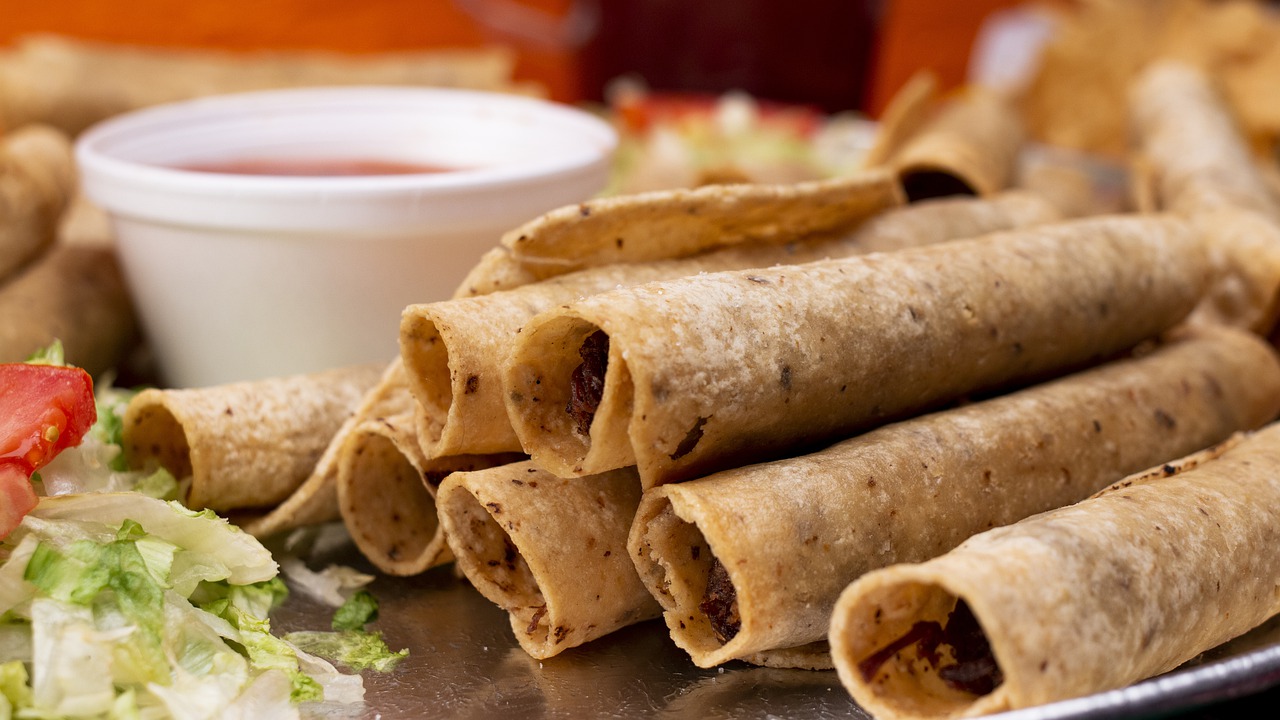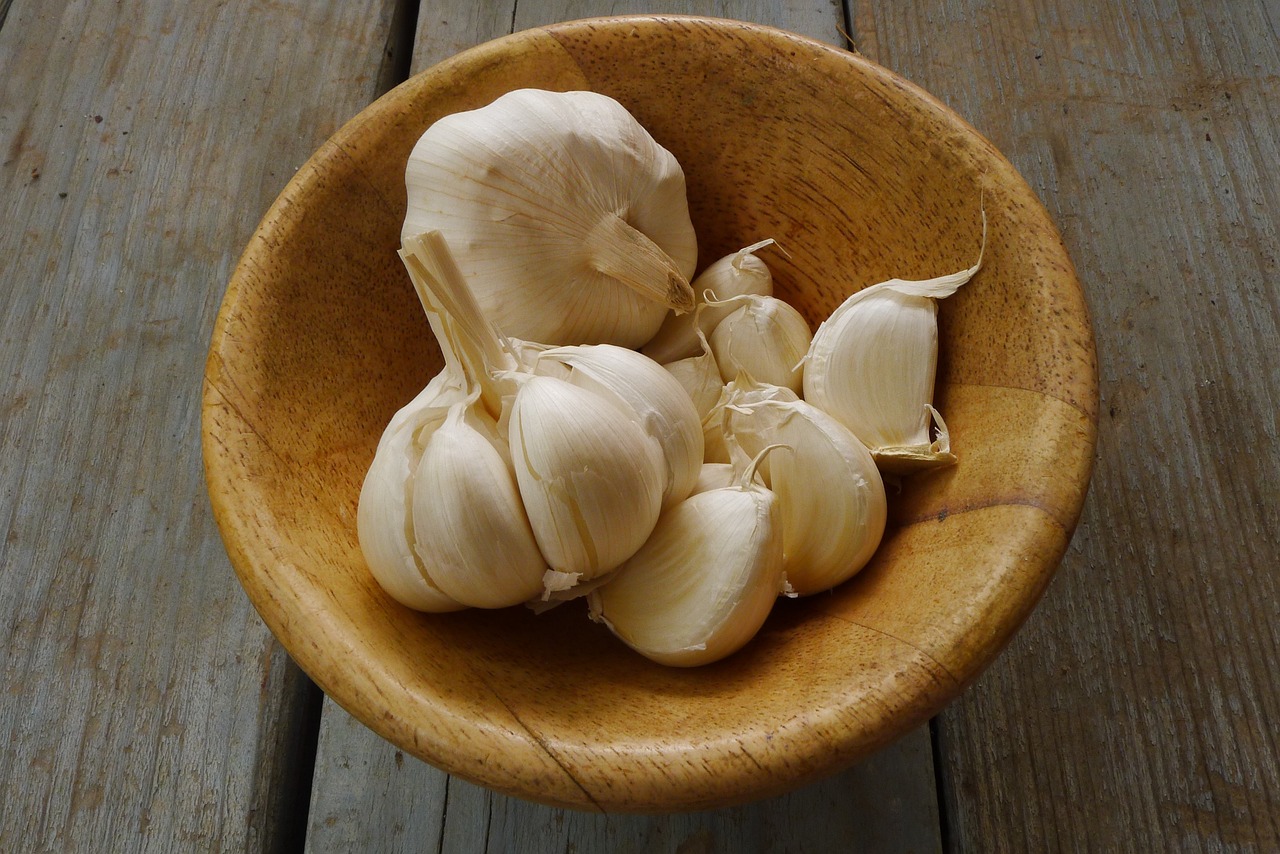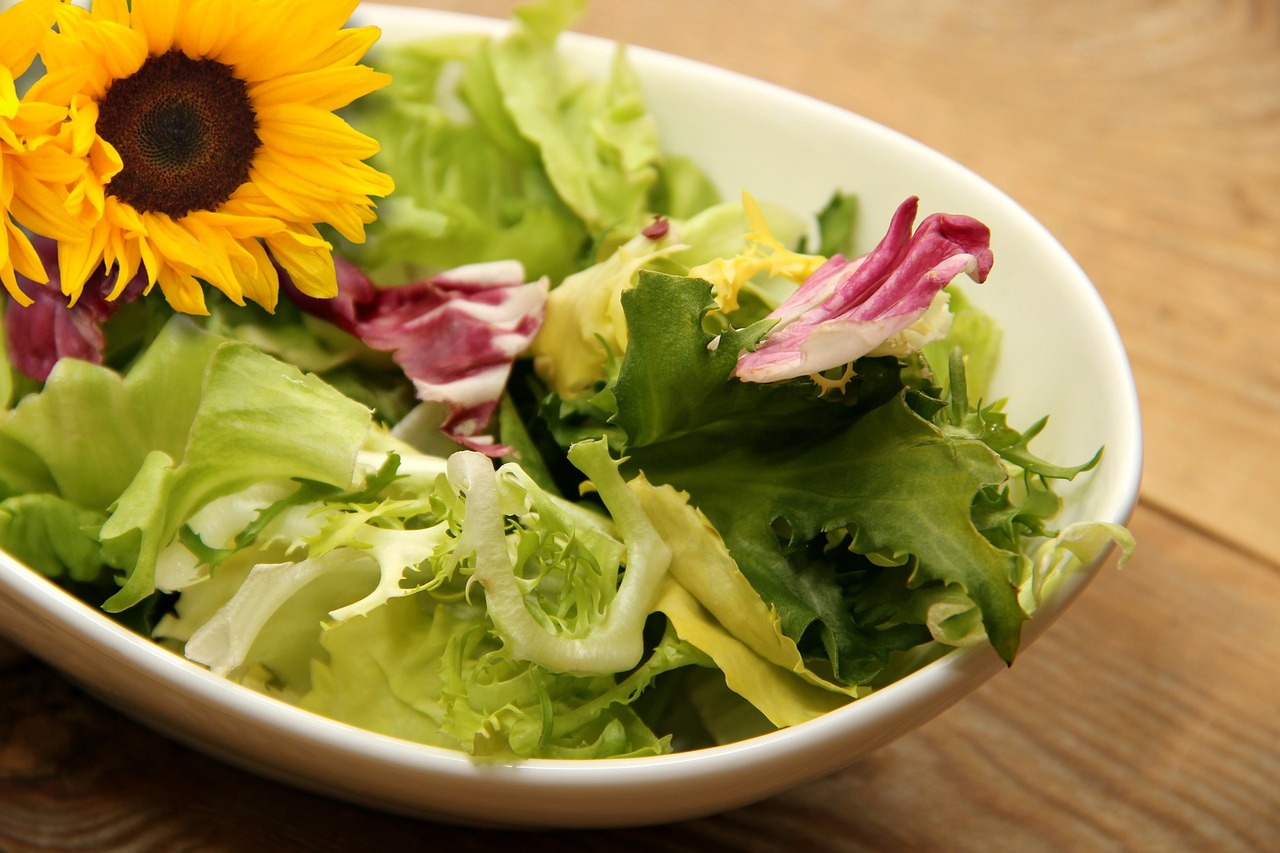What Are Good Tortilla Choices?

Q: Are wheat tortillas a good choice as I try to eat whole grains more often? Do the ones with spinach and tomato offer extra nutrition?
A: Most wheat tortillas are made with enriched wheat flour, which is a refined grain and not the same as whole wheat. If you are buying tortillas to use at home, look for “whole-wheat” flour tortillas, with whole-wheat flour first on the ingredient list (or get whole-grain corn tortillas). Most of the time, the colored tortillas labeled with vegetable names, such as “spinach” or “tomato” are made with refined wheat flour, so they are not whole-grain. The amount of vegetable used in making them is just for color, providing zero to four percent of daily value for vitamins A or C, which is nutritionally minimal. Despite how healthy it sounds to have a “vegetable” tortilla, you’ll make a much bigger contribution to your health by making sure that what you roll up inside the tortilla includes lots of vegetables. Keep in mind that even among whole-wheat options, differences in tortilla diameter and thickness produce a wide range in calories. Compare brands when shopping: You’ll typically find choices with 150 to 200 calories per tortilla. That makes each tortilla equal in calories and carbohydrate to two or two-and-a-half slices of bread. For a healthy meal, have one whole-wheat wrap or tortilla filled with plenty of vegetables and some beans or chicken for protein. Then, if you’re still hungry, add an extra salad or raw vegetables on the side.
The Author:
Karen Collins, MS, RDN, CDN
American Institute for Cancer Research
The American Institute for Cancer Research (AICR) is the cancer charity that fosters research on the relationship of nutrition, physical activity and weight management to cancer risk, interprets the scientific literature and educates the public about the results. It has contributed over $100 million for innovative research conducted at universities, hospitals and research centers across the country. AICR has published two landmark reports that interpret the accumulated research in the field, and is committed to a process of continuous review. AICR also provides a wide range of educational programs to help millions of Americans learn to make dietary changes for lower cancer risk. Its award-winning New American Plate program is presented in brochures, seminars and on its website, http://www.aicr.org. AICR is a member of the World Cancer Research Fund International.
Photo. Alfonso Charles








